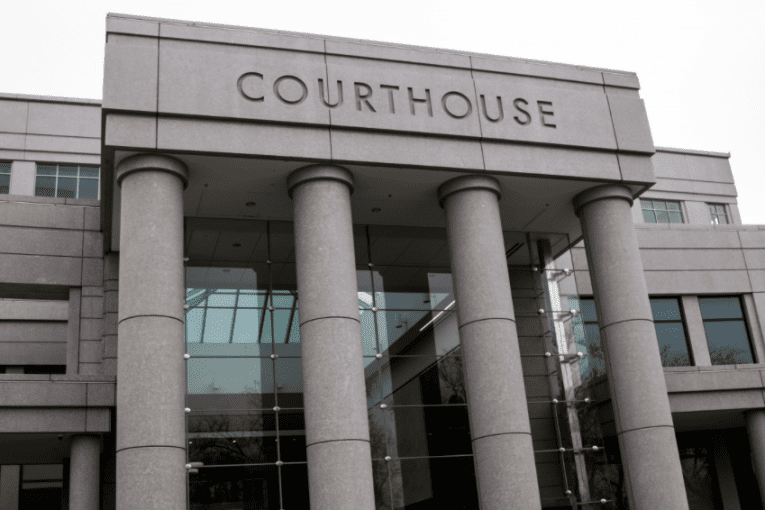
WOODLAND, CA – The day before New Year’s Eve, Yolo County Superior Court Judge David Rosenberg denied a defense motion to consolidate four driving under the influence charges after the prosecution claimed that consolidation would circumvent a felony.
The judge’s decision to consolidate only the first three charges but not the fourth violated the accused’s right to a fair and speedy trial, a concern noted by Deputy Public Defender Roberto Villa.
According to court records, from August 2023, the accused faced one charge for driving under the influence, an enhancement for excessive blood alcohol or refusal, a second charge for drunk driving, and a third charge for driving on a suspended license for refusing a test.
In April 2016, the accused faced three charges for driving under the influence, drunk driving and unlicensed driving.
On the morning of Dec. 30, the accused was scheduled for a pretrial conference when Judge Rosenberg told the parties he was ready for a “discussion about a possible resolution” to a request from DPD Villa.
This is when DPD Villa said he would like to motion to consolidate the four DUI trials, because they were “all set individually on separate dates,” have previously been continued by the DDA or the court, and are all the same class offense.
Judge Rosenberg prefaced he was “inclined to consolidate” but allowed Deputy District Attorney Michelle Serafin to respond.
DDA Serafin explained that once the accused faced one conviction, the fourth would become a felony, adding, “consolidating is a way of circumventing (the felony).”
The judge asked DDA Serafin for clarification, and DDA Serafin explained that if the accused were to be convicted for all four DUI charges on the same day, the fourth would not become a felony, describing how the felony charge could be circumvented by the motion to consolidate.
Judge Rosenberg said, “I’m not gonna let that happen,” and offered a compromise where he would consolidate the first three charges, but not all four, to avoid preventing the fourth from becoming a felony.
DPD Villa noted concern about the accused’s right to a fair and speedy trial, stating the court or DDA has consistently continued the case, and “opposing consolidation would be a violation of (the accused’s) speedy trial rights.”
Judge Rosenberg said the motion was an oral motion, rather than a written motion, charging “this is a pretty important and significant motion and should have been done in writing so that the court could consider the constitutional issue and the DA could respond accordingly.”
Judge Rosenberg ruled that “short of a written motion,” he would deny the oral motion for consolidation of the four DUI charges, but agreed to consolidate the first three charges in light of convenience, violating the accused’s right to a fair and speedy trial.
The accused will go to trial Jan. 6 for the first three consolidated charges.